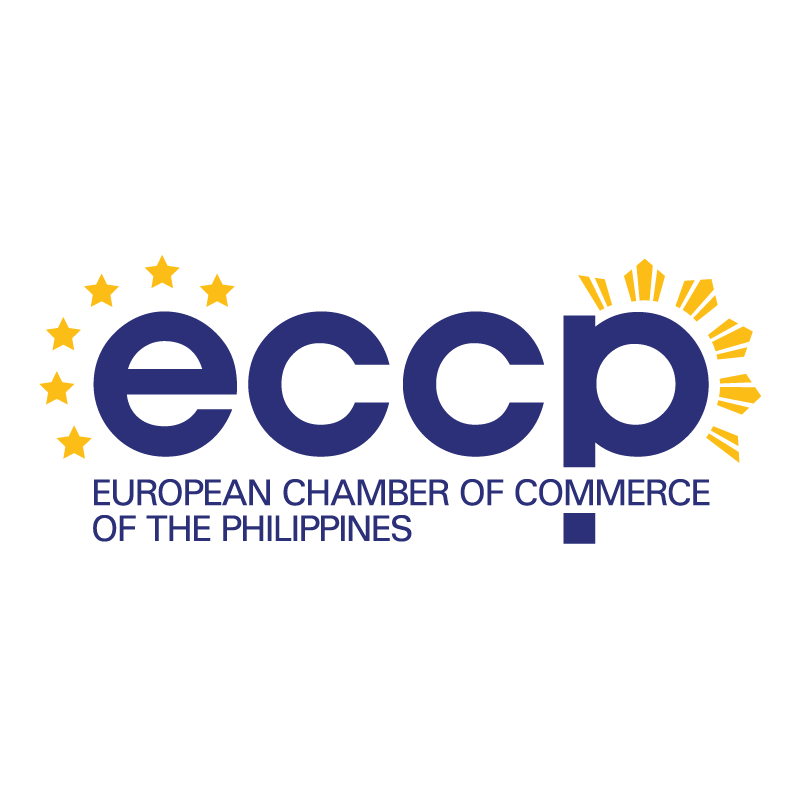Business and Economy
European Chamber calls for retention of EU GSP+ for PH

“The European Chamber of Commerce of the Philippines (ECCP) strongly calls for the retention of the GSP+ grant in the Philippines. Such a decision will result in massive social and economic repercussions to the Philippines, and will compromise the notable progress that the European Union and the Philippines have built over the years,” ECCP president Nabil Francis told the Philippine News Agency. (File photo: ECCP – European Chamber of Commerce of the Philippines/Facebook)
MANILA – A European business group here calls for the retention of the Generalised Scheme of Preference Plus (GSP+) granted by the European Union (EU) to the Philippines following the recommendation of the EU Parliament to withdraw the preferential trade arrangement.
“The European Chamber of Commerce of the Philippines (ECCP) strongly calls for the retention of the GSP+ grant in the Philippines. Such a decision will result in massive social and economic repercussions to the Philippines, and will compromise the notable progress that the European Union and the Philippines have built over the years,” ECCP president Nabil Francis told the Philippine News Agency.
Francis said considering the EU is among the largest trading partner of the Philippines, removing the GSP+ will jeopardize jobs generated in both agriculture and manufacturing sectors.
He cited that Philippine exports to EU increased by 27 percent a year after the country qualified for GSP+, and revoking the benefits of GSP+ amid the coronavirus disease 2019 (Covid-19) pandemic “will also exacerbate the economic situation of the country”.
Under the EU GSP+, some 6,274 types of goods enter the EU market at zero tariff.
In the EU GSP+ report for 2018-2019 published early this year, the country’s utilization rate of the preferential trade arrangement is at 73.1 percent in 2018.
The EU Delegation to the Philippines also estimated that around EUR 2 billion (PHP113 billion) or 25 percent of the country’s total exports to EU enter the trade bloc under GSP+.
EU lawmakers released a resolution last week calling on the EU Commission to initiate the procedure to temporarily revoke the granting of GSP+ status to the Philippines over the alleged “seriousness of the human rights violations” here.
Under the preferential trade arrangement, the Philippines must adhere to the 27 international conventions on human rights, labor rights, environmental protection, and good governance to continue enjoying the GSP+ benefits.
Maurizio Cellini, head of Trade and Economic Affairs of the EU Delegation to the Philippines, said in an online media conference on Aug.13 hosted by ECCP that the EU draws its “overall assessment on the basis of the whole picture” — looking it in a global perspective and overall situation in the country.
Cellini was commenting on the possible development concerning restoring the death penalty in the country, a human rights issue also flagged by the international community.
“GSP+ also depends on human rights issues, labor issues, environmental issues, good governance issues. We would like to look at the picture from a global angle,” he said.
He added that the EU also considers the good development that sprout in these areas.
Meanwhile, a senior economist at Kuala Lumpur-based Juwai IQI Global said the Philippines can survive even if the EU decides to halt granting the GSP+ status,
“The recent action of EU against Manila clearly indicates that EU has failed miserably in terms of economic outlook and wants to pursue myopic policies which are going to hurt European consumers more than Philippines consumers,” Juwai IQI Global chief economist Shan Saeed said in an e-mail.
“Philippines can find new markets due to government efforts to maintain economic and growth outlook in positive mode despite global macro outlook becomes dubious,” he added.





















